I have a job processing system where each job contains thousands of individual tasks that require different strategies to complete. The individual tasks make up the whole job. If all tasks have been completed, the job is marked as successfully completed and other steps are taken, if any of the tasks fail, the job must be marked as failed and other steps are taken, if the job times out the job must be marked as failed and other steps are taken.
Once all of the results for a job have been received, the next job can be fetched. The next job shouldn't be fetched while a job is currently being processed.
Here is the what the flow looks like:
The Job Polling Verticle publishes a job to the event bus, and the Job Processing Verticle publishes each task to the event bus. When the job strategy completes, it publishes the task result to the event bus.
The issue is that I don't know the right way to determine when all tasks have been completed in this model. All verticles are stateless, The Job Processing Verticle doesn't await any futures, and even if the Job Results Verticle was stateful, it doesn't know how many results it should expect.
The only way I can think to do this would be to have a global stateful object. But I don't think this is good design.
Additionally, I need to know when a Job has timed out. That is, it's run longer than it should and I need to consider it's failed, log it, and move on.
I could do this with the global state, but again I don't think that's the right solution.
Does this verticle pattern make sense for what I'm trying to do?

